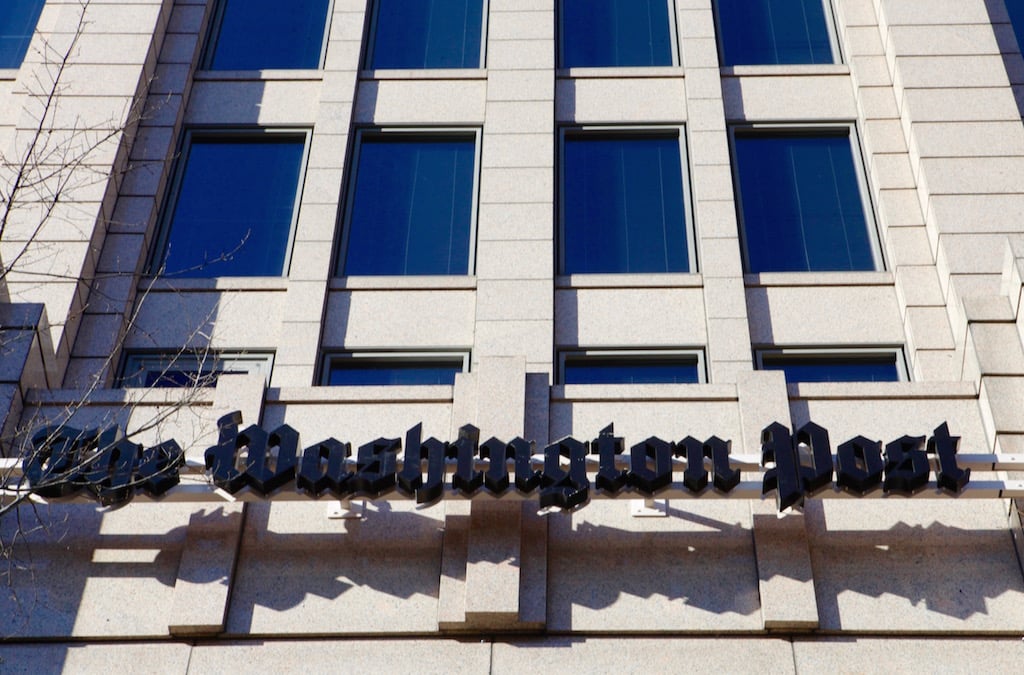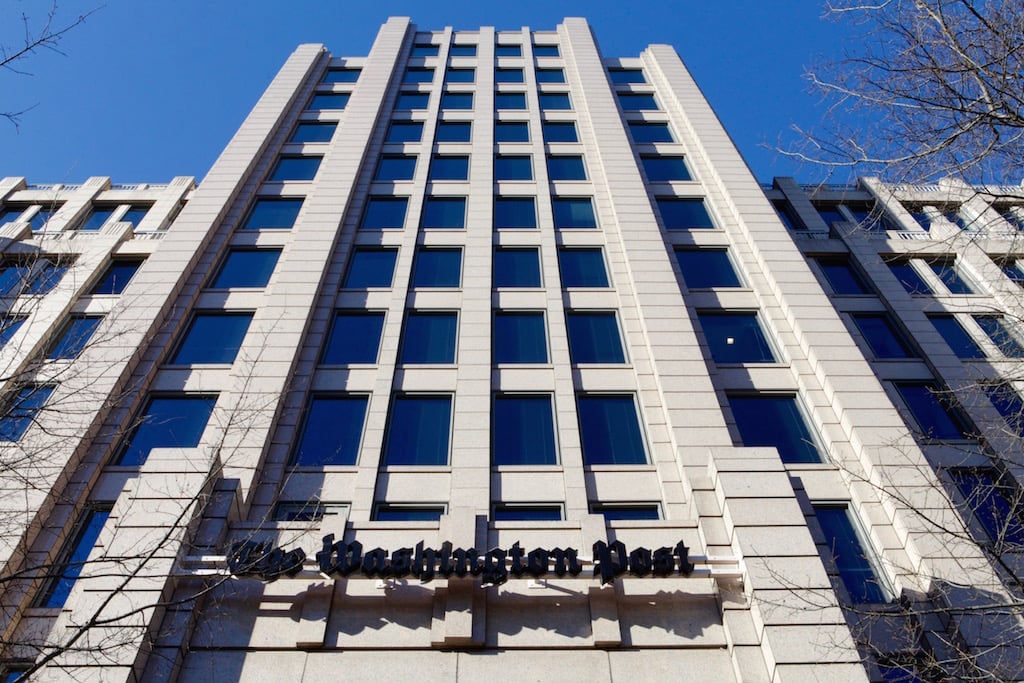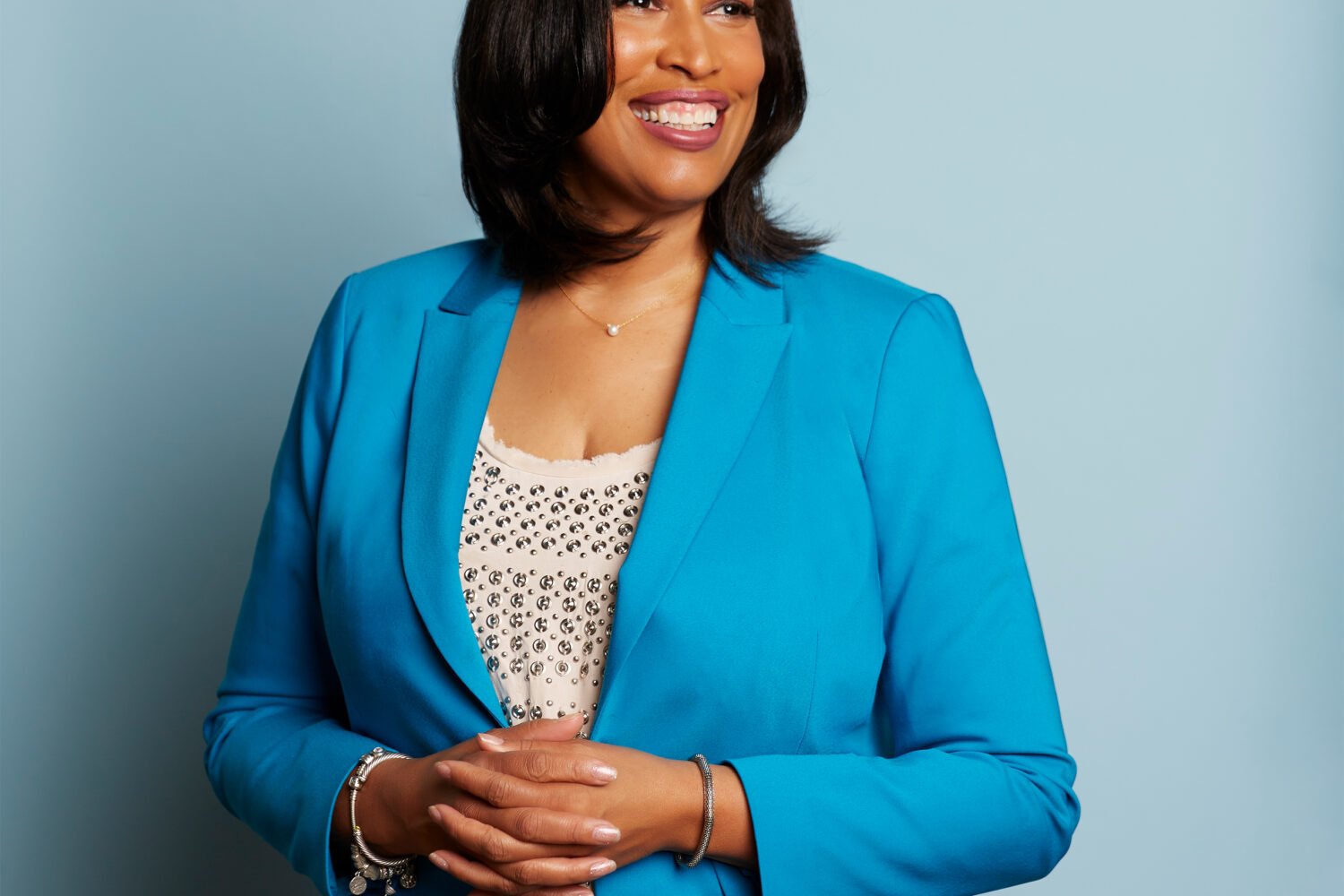The Washington Post will add 41 new editing roles, retooling its internal organization in service of several business goals: Being a 24-hour newsroom, integrating two new international news hubs into the daily report, and finding routes to younger readers. They also look to address two durable complaints inside the newsroom: That there aren’t enough ways for journalists of color to move into editing jobs; and that people who lack political-reporting stardom or Ivy League pedigrees can feel frustrated in the lack of ways to advance their careers.
The roles, the publication’s first major expansion under new Executive Editor Sally Buzbee, include assignment-editor positions on the National, Metro, Business, and Investigations desks, among others. Two new deputy managing editors will coordinate the handoffs between the Post‘s Washington newsroom and its new news hubs in London and Seoul. Eight assistant editor jobs–a new position ripe for the career path goal—are coming, as are three “visual enterprise editors” on the Business, politics, and Climate & Environment squads. One addition interesting for those few of us who still pine for the Post to restore its ombudsman is two new standards editor jobs. The occupants of those positions will “refine and maintain newsroom policies, working closely and collaboratively with all our journalists to promote best practices and ensure that our work meets the high expectations of our audiences,” the Post‘s announcement says.
The Post is itching to attract international readers, and in August it announced an initiative for next year called “Next Generation” with the goal of extending “the reach of Washington Post reporting to younger and more diverse audiences through new products, practices and partnerships.” A Post spokesperson did not reply to a query at the time about whether the name of this initiative reflects the Star Trek obsession of its owner, Jeff Bezos.


















